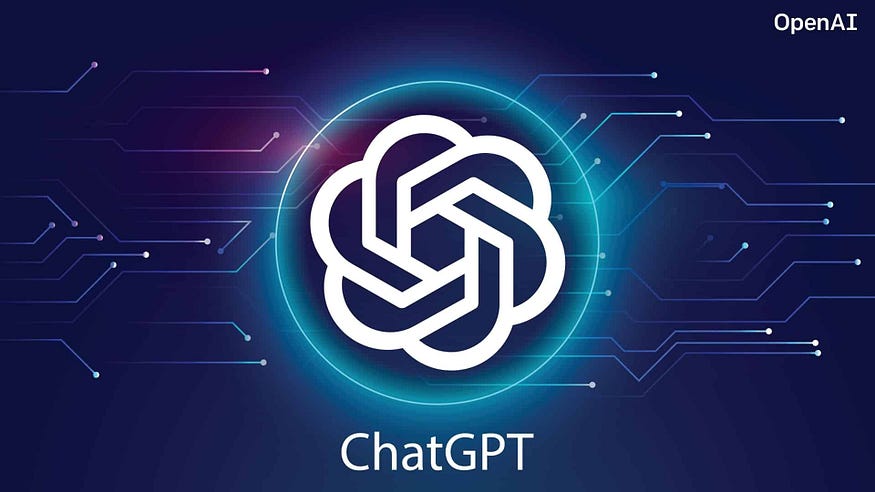In the rapidly evolving tech landscape, the role of an AI Engineer stands out as one of the most exciting and impactful careers. As we navigate through 2024, the demand for AI talent continues to surge, making it an excellent time to dive into this dynamic field. If you’re passionate about artificial intelligence and eager to make a difference, here’s a comprehensive guide on how to become an AI Engineer in 2024.
For a visual walkthrough of the concepts covered in this article, check out my YouTube playlist:-
Educational Foundations
To kickstart your journey as an AI Engineer, a solid educational background is crucial. While a degree in Computer Science, Engineering, or a related field is often preferred, it’s not the only path. Many successful AI Engineers have degrees in mathematics, physics, or other technical disciplines. In addition to formal education, consider pursuing specialized certifications or courses in AI and machine learning from reputable platforms like Coursera, edX, or Udacity.

Essential Skills and Technologies
As an AI Engineer, proficiency in several key skills is vital:
- Programming Languages: Python is a cornerstone of AI development due to its extensive libraries and frameworks. R and Julia are also valuable for statistical analysis and numerical computations.
- Machine Learning Frameworks: Familiarity with TensorFlow, PyTorch, or Keras will enable you to build and deploy sophisticated models.
- Algorithms and Data Structures: A strong grasp of these concepts is essential for designing efficient and scalable AI solutions.
Gaining Hands-On Experience
Theory alone won’t make you an AI Engineer. Practical experience is equally important. Engage in real-world projects and internships to apply what you’ve learned. Platforms like Kaggle offer competitions that can help you hone your skills while building a robust portfolio. Contributing to open-source projects on GitHub can also provide valuable experience and visibility.
Building a Strong Portfolio
Showcasing your expertise through a well-organized portfolio is crucial. Highlight personal projects, research papers, and contributions to open-source initiatives. Your portfolio should demonstrate your ability to tackle complex problems and your familiarity with various AI techniques and tools.
Networking and Community Engagement
Networking is key to advancing your career in AI. Join online communities, forums, and professional groups related to AI and machine learning. Attend industry conferences, workshops, and meetups to connect with other professionals and stay updated on the latest trends and technologies.
Navigating the Job Market
When searching for AI Engineer positions, tailor your resume to highlight relevant skills and experience. Prepare for technical interviews by practicing common questions and working through coding challenges. Understanding the specific requirements of each role will help you stand out as a candidate.
Staying Ahead of Trends
AI is a field characterized by rapid innovation. To remain competitive, keep an eye on emerging technologies and trends. Areas such as reinforcement learning, natural language processing, and generative models are particularly promising.
Conclusion
Becoming an AI Engineer in 2024 requires a blend of formal education, practical experience, and continuous learning. By building a strong foundation, developing key skills, and actively engaging with the AI community, you can position yourself for success in this exciting and ever-evolving field. Embrace the challenges, stay curious, and enjoy the journey into the world of artificial intelligence.
Connect with Me:
- YouTube ► S3 CloudHub Channel
- Facebook ► S3 CloudHub Page
- Medium ► S3 CloudHub Blog
- Demo Reference ► GitHub Repository
- Blog ► S3 CloudHub Blogspot
- Dev ► S3 CloudHub on Dev.to

No comments:
Post a Comment